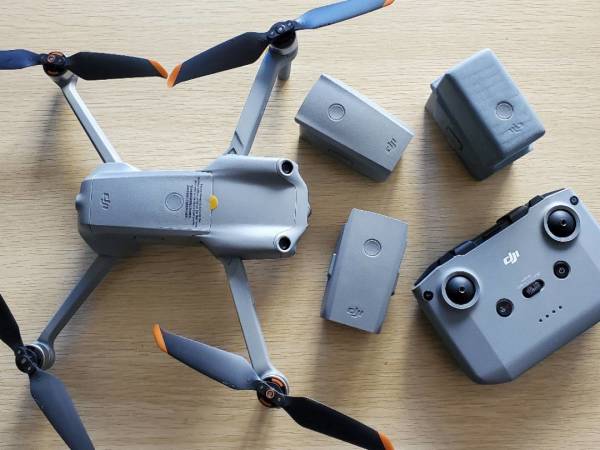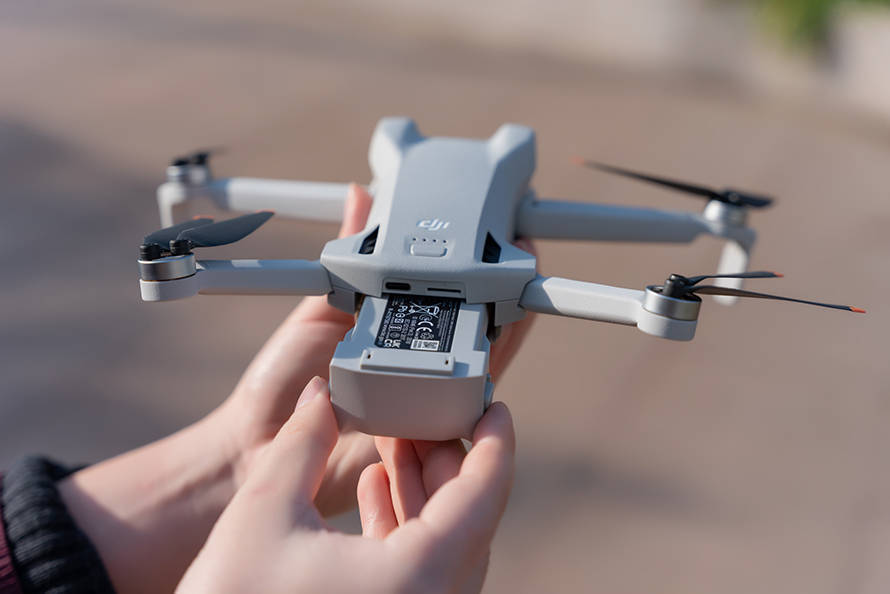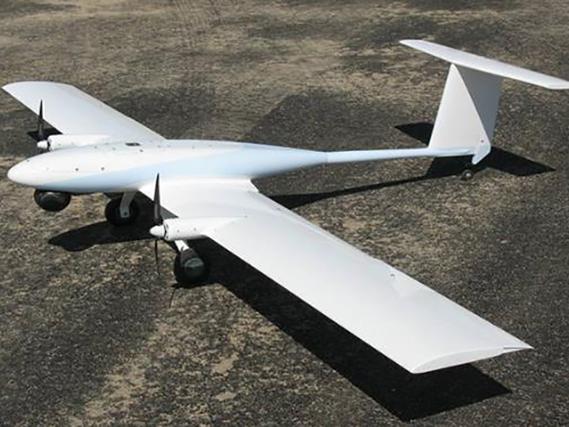In recent years, drones have significantly evolved, turning from mere recreational devices into sophisticated instruments capable of various applications, including aerial photography, surveying, and even delivery services. However, as these unmanned aerial vehicles (UAVs) advance, new challenges emerge, particularly concerning security. One such alarming development is the advent of drones equipped with firearms, colloquially referred to as “drone with a gun”. The notion of armed drones not only raises ethical questions but also prompts discussions on the measures required to regulate such technology.
Weaponization of drones is not a concept fictionally conjured by science fiction; it has been validated by experiments and prototypes exhibited by several tech enthusiasts and companies. The practical application of a drone with a gun brings potential benefits for military and law enforcement operations, providing the ability to engage targets from a distance without risking human lives. Nonetheless, it poses considerable threats if such technology were to end up in the wrong hands, given that drones can easily bypass traditional security mechanisms due to their aerial capabilities.
Security Challenges and Regulations
The infiltration of weaponized drones into civilian airspace could lead to unprecedented consequences, ranging from invasion of privacy to outright violent attacks. Hence, regulatory frameworks need to adapt swiftly to counter these challenges, ensuring that drones serve constructive roles rather than destructive ones. Governments worldwide are grappling with the task of establishing comprehensive guidelines governing the usage of drones to include stringent controls over drone-mounted weapon systems. These regulations aim not only to control the distribution and operation of drones equipped with firearms but also to protect communities from potential threats.
Technological Countermeasures
In response to security concerns, various technological solutions are emerging, designed to detect and neutralize unauthorized drones. Innovations such as signal jamming, drone identification systems, and even anti-drone weaponry offer hopeful prospects in achieving safer airspaces. Implementing such countermeasures could disrupt illegal drone activities, providing law enforcement with effective tools to safeguard against aerial threats.
Impact on Ethical and Legal Norms
The rise of armed drones undeniably affects ethical and legal norms globally. It provokes debates around the moral implications of utilizing robots in warfare and law enforcement, challenging existing protocols and laws concerning engagement and conflict resolution. Ethicists argue over the potential dehumanization of combat, while legal experts emphasize the need for updated international regulations to align with technological advancements. As weaponized drones become increasingly prevalent, understanding their impact on societal standards becomes vital in shaping future legislation.
However, it’s essential to consider that the application of drones for offensive purposes is not inherently malevolent. The overarching objective should focus on employing these technologies responsibly while considering societal well-being and safety. Authorities and policymakers need to embark on creating balanced frameworks that allow beneficial uses of drones while effectively mitigating their risks.

FAQs on Drone Weaponization
- What measures are in place to prevent drones with weapons from being used by civilians? Current regulations vary by region, but generally involve licensing of operators, restrictions on commercial sales, and technological tracking and identification systems deployed by aviation authorities.
- Are armed drones legal for private use? Laws concerning civilian use of armed drones are strict, mostly prohibiting the possession and operation of weaponized drones outside military and authorized law enforcement agencies.
- How does drone weaponization impact privacy? Armed drones exacerbate concerns around privacy as they can easily be used to conduct surveillance without consent, heightening the urgency for strict data protection and airspace management laws.


As drone technology continues its rapid evolution, understanding the implications of weaponization remains critical for ensuring both technological progress and societal security.
